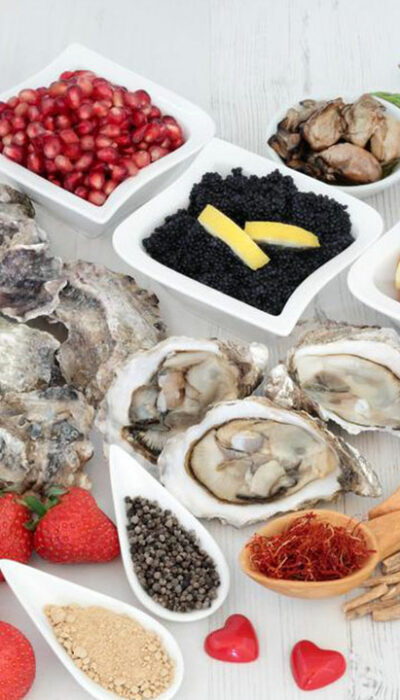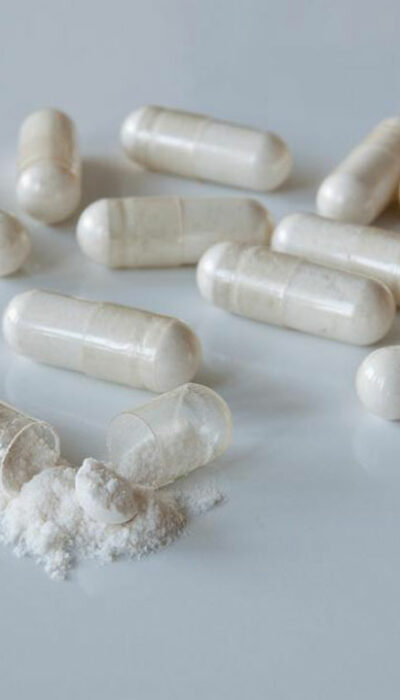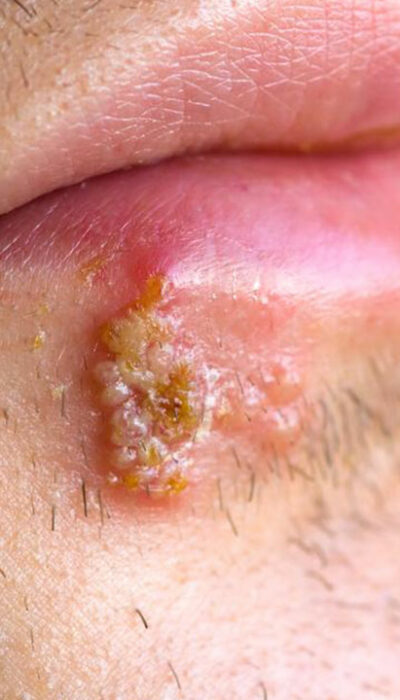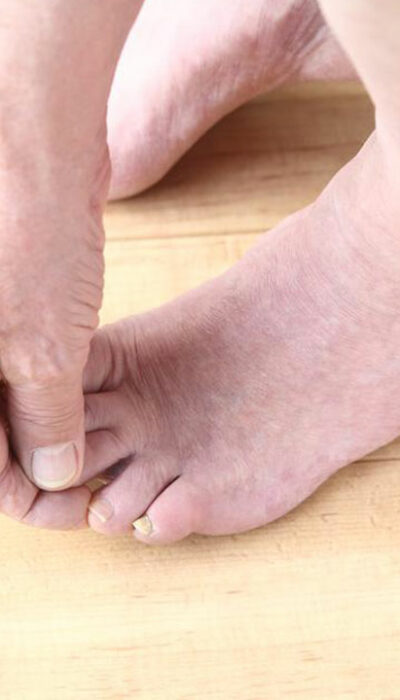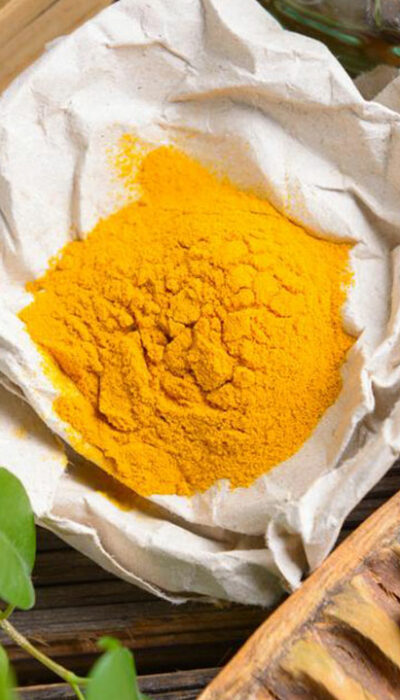
Best Turmeric Supplements What You Need to Know
Turmeric is a culinary spice that has a use in every home in India. It has a bitter warm taste and can be identified as an additive flavor to almost all Asian dishes. Besides, it has been used conventionally as a disinfectant. A rhizomatous herbaceous perennial plant, Curcuma longa belongs to the ginger family known as Zingiberaceae. Its underground stems—rhizomes, are the source from which turmeric is derived. Curcumin, a yellow-colored constituent in turmeric stems, is often used to color curry powders, butter, mustards, cheeses, and even cosmetics. It is the effective part of turmeric’s chemical composition, almost 2 to 6 percent of the spice in total. The chemical comes packed as a powerful antioxidant and carries anti-inflammatory properties. How Does It Work? Curcumin present in turmeric can help in reducing inflammation. Researchers suggest that turmeric intake helps ease symptoms of osteoarthritis and rheumatoid arthritis. The curcumin molecule itself appears to be a potent blocker of inflammation. This is why turmeric might be beneficial for treating almost all major diseases like diabetes, cancer, and cardiovascular problems. There is a study that shows how curcumin causes death in Neuroblastoma cells, producing minor toxicity. Curcumin can be attached to nanoparticles and can be sent to the tumor cells. This can destroy neuroblastoma cells, which causes cancer in children. This shows that nanoparticles can be an effective delivery medium for cancer drugs. Why a Turmeric Supplement? Lab tests carried out on turmeric have shown promising results. Some of them are: It is evident that curcumin blocks the growth of some particular tumors. Turmeric extract has helped stabilize colorectal cancer in some cases. Its anti-inflammatory properties help in pain relief in the joints and muscles. Various skin disorders/diseases like lichen planus can be cured by the use of turmeric. Cardio-vascular issues like high cholesterol and heartburn (dyspepsia) can be cured by curcumin.



